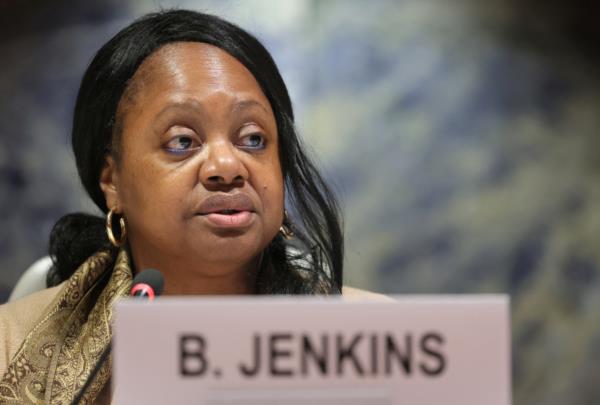
The United States has raised concerns over China's recent declaration of a no-first-use nuclear policy in light of its ongoing nuclear buildup. The US has questioned the credibility of China's commitment to a no-first-use policy given its significant investments in expanding its nuclear arsenal.
China's announcement of a no-first-use policy, which means it pledges not to use nuclear weapons unless first attacked, has been met with skepticism by the US. The US has pointed out that China's nuclear capabilities have been rapidly growing, with the development of new intercontinental ballistic missiles and other advanced nuclear technologies.
The US has emphasized the need for transparency and dialogue regarding China's nuclear intentions. The US has expressed concerns about the lack of clarity surrounding China's nuclear strategy and the potential implications of its expanding nuclear capabilities.
China, on the other hand, has defended its no-first-use policy as a demonstration of its commitment to nuclear disarmament and non-proliferation. China has stated that its nuclear capabilities are solely for defensive purposes and that it remains committed to maintaining a minimum deterrence posture.
The US-China nuclear dynamics have become increasingly complex as both countries continue to modernize their nuclear arsenals. The US has called for greater engagement with China to address mutual concerns and ensure strategic stability in the region.
As tensions between the US and China persist, the issue of nuclear policy and arms control remains a critical aspect of their bilateral relationship. Both countries face the challenge of balancing deterrence capabilities with the imperative of preventing nuclear escalation and maintaining global security.







